What Does "Healthy" Mean?
What I'm aiming to teach you today
Today I'm going to go in depth on the topic of what actually constitutes a healthy food. At first glance, it can seem pretty black and white when it comes to what food is healthy and what isn't. The more educated you become, however, the more these lines become blurred and the more mythical this definition of healthy food becomes. Today I'm going to go over some common notions that most people use to define what healthy food is and explain my stance on them. Hopefully you'll learn something new that you can use in your own life.
DISCLAIMER
I am not saying that all foods in these groups are healthy, I am merely aiming to show you why these terms cannot be used interchangeably with the term healthy.
Incorrect Definition: Organic = healthy
- At first glance, this can seem like a good definition because organic sounds good, and it involves fewer pesticides in most cases, however, the comparisons between the same food that's grown organically vs. non-organically consistently shows that there is no health substantial health benefit for the organic food. Organic is used more as a marketing tactic to push higher prices for produce than anything else. This is one of the topics I personally feel the most strongly about because a lot of people assume eating healthy is expensive when in reality it's just the organic food that's expensive. You don't need to be buying the organic food to be healthy. Another example of why this isn't a good definition of what;s healthy is the existence of organic junk foods. I don't think I need to tell anyone here how many calories and macros are in a piece of candy, but clearly just because the candy is organic doesn't negate the high-calorie count. This is obviously not a good definition as organic really means nothing in terms of health.
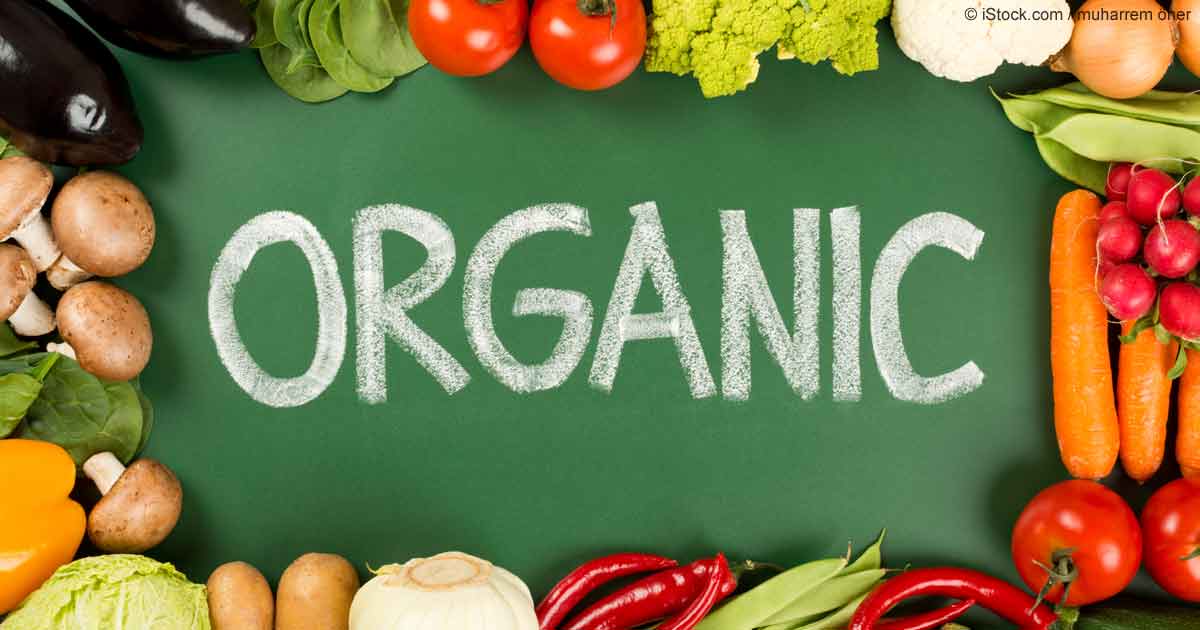
Incorrect definition: Food with no additives is healthy
- This is another common definition I've seen people use. This is certainly not the worst definition on the list, however, it is too broad of a definition and eliminates plenty of things that are just fine, and allows some things that aren't great. One additive that is widely misunderstood is artificial sweeteners. Aspartame, one of the most common additives especially in beverages has been demonized by many. The reality is that aspartame is one of the safest food additives that we have studied. While there are certainly plenty of bad foods that contain additives it is certainly not the best definition if we want to define what healthy food is. Eating food with no additives will probably lead you to a pretty good diet, it will just limit certain foods unnecessarily so it's too broad of a definition to truly encompass what healthy food is.
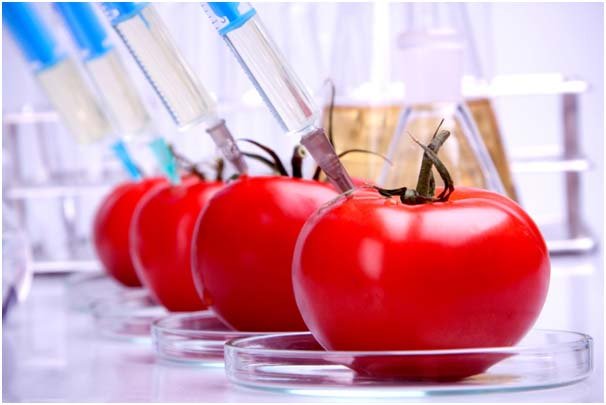
Incorrect definition: All Processed food is bad
- Many people believe that all processed food is bad or unhealthy vs. all unprocessed food being good and healthy. This is certainly not the case. Much of how bad or good processed food is depends upon the actual type of process the food is undergoing. Many times food processing actually allows food to become healthy. One example of this is yogurt. Yogurt is a processed food yet, is one of the healthier things you can eat. Now don't get me wrong there is a Ton of shitty processed food out there. My point here is that this cannot serve as a definition of what healthy food is. This definition just doesn't really do a good job of differentiating between healthy and unhealthy. In general not eating processed foods will probably be a pretty decent diet, but it's too broad of a definition to truly define what healthy food is.
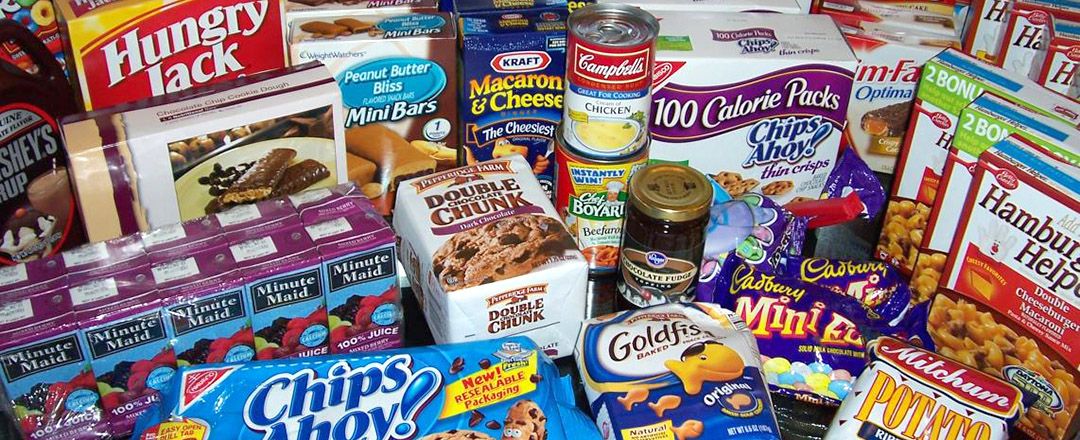
Incorrect definition: Non-GMO food is healthy
- This is probably one of the worst definitions on the list. You can pretty much eat any fat filled calorific junk food as long as it's not genetically modified if this is your definition of healthy. It's pretty easy to see why this doesn't cut it. GMO foods have yet to be proven as unsafe in laboratory tests. The jury is still out on whether there are any health effects from consuming GMO food, but the best conclusion available at the moment is that there is absolutely no difference between GMO and non-GMO food. Anyone who tells you otherwise is simply misunderstanding the research.
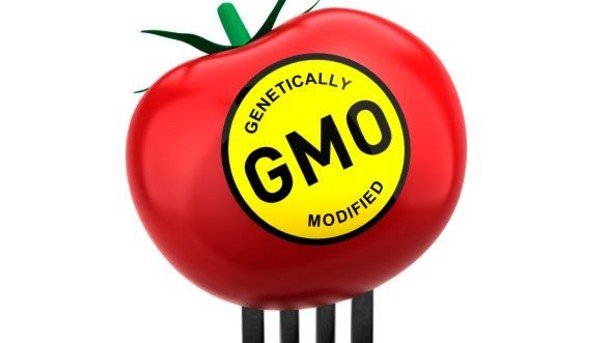
Incorrect definition: Clean Eating is the best way to eat healthily
- This picture could not be more accurate as it is exactly the problem with clean eating. No one really knows exactly what clean eating means, and there are plenty of different definitions. Clean eating tends to be a far too black and white system that unnecessarily demonizes certain foods that don't meet whatever criteria the person decides they are following. A diet consisting of clean eating tends to be pretty good, it's just unnecessarily narrow and restrictive so we can do better.
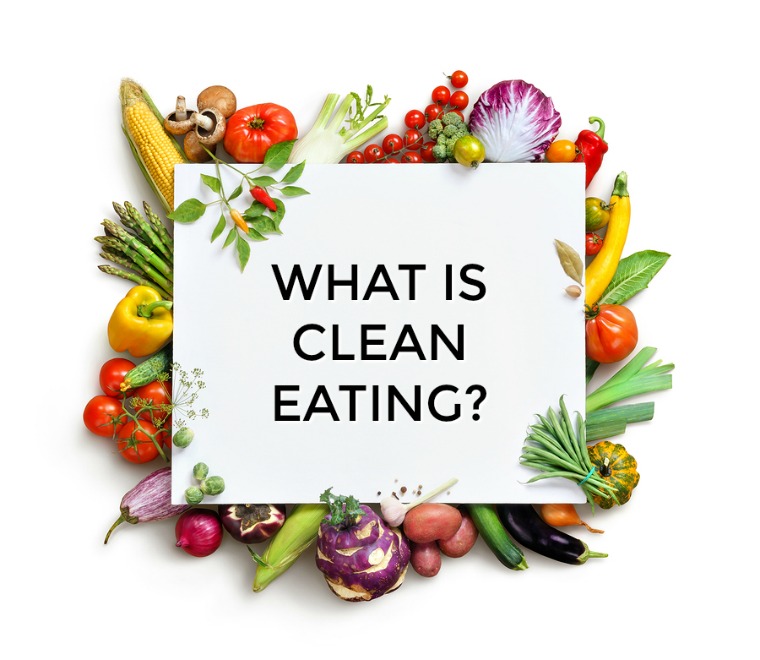
Not Necessarily Correct Definition: If it fits your macros it's healthy
- This definition is going to be the hardest to tackle because there are two distinct types of iifym. The first type that i'm sure most people think of is the extreme version that involves eating plenty of pop tarts and drinking lots of protein. This type of diet is focused solely on macro and calorie consumption and having those inputs be on point. This type of flexible dieting works in weight loss scenarios but is certainly not the optimal way to structure your diet for health and wellness. Let me be clear though this type of approach definitely has some merit to it, and provides something none of the other definitions so far have. This provision is a restriction of food intake. One could eat entirely fruits, vegetables, chicken and rice and still gain weight and become very unhealthy WHAT??? how is this possible. Every person has a level of calorie intake that results in no weight gain. If you eat more calories than this, no matter what food those calories consist of you will gain weight. This is precisely why iifym limits your food intake. Now we can talk about the other type of iifym dieting. This definition is the closest to healthy food that we have found so far. Eating the majority of your calories from whole nutrient rich foods, and leaving the rest for whatever you'd like. Now, this is a pretty good definition, but still doesn't completely encompass what healthy food is. It leaves the door open to not quite get the nutrients you need and requires constant tracking and revision based on your bodyweight.

ALRIGHT KYLE WE GET IT NONE OF THESE THINGS ARE A GOOD DEFINITION SO WHAT THE HECK IS????
So now that you have all of the most commonly used definitions of healthy food that aren't exactly perfect here we are at the big reveal.
SUPRISE! Healthy food is on a spectrum and cannot be divided into what is perfectly healthy and what isn't.
There are three main categories that we can divide food up onto spectrums to see how it ranks. These spectrums are
Nutrient Density
-How many vitamins, minerals, fatty acids, essential amino acids, and phytochemicals are present per a certain amount of calories. Not consuming enough of these things in your diet will negatively impact your health especially when chronically under-consumed. Consuming a diet of mostly nutrient food is a very good start when trying to improve one's overall health and well being. One thing to keep in mind is that we only need to get enough of these things and the amount we can use and absorb is not limitless. The more nutrient dense a food is the higher it is on our spectrum of healthy food.
(100 calories of broccoli is way more nutrient dense than 100 calories of pizza)
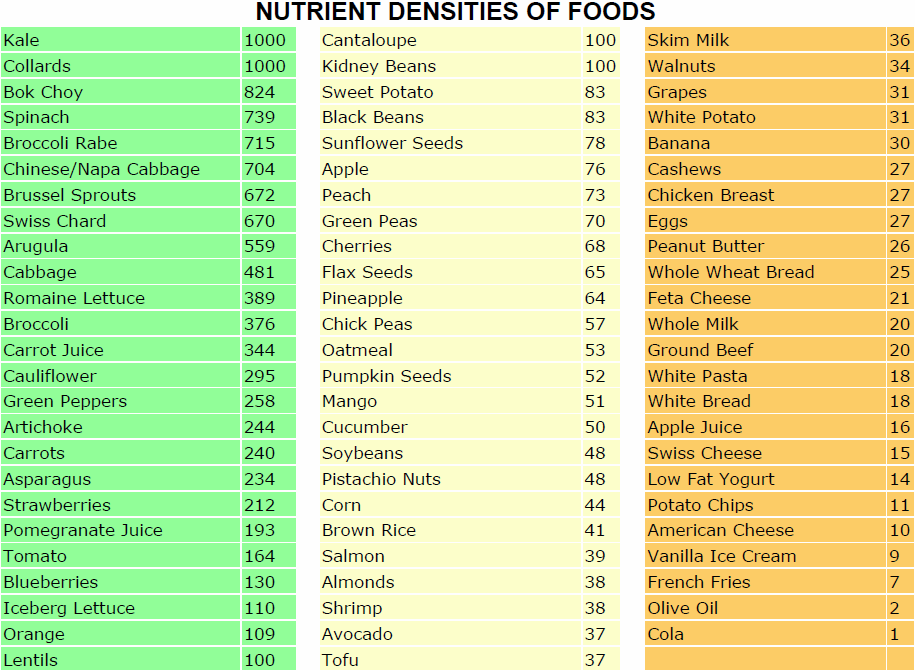
Harmful ingredients
- A number of ingredients in your food that can provide negative effects on health constitute the second spectrum we can compare our food on. Trans fats, Saturated fats, Certain chemicals, and other things are all examples of what we mean when we say negative ingredients. While saturated fat isn't inherently bad chronically consuming a diet very high in saturated fat can have some negative effects on cardiovascular health, so that's why it gets thrown into this category. The higher the number of these negative ingredients a food has the higher it is on the spectrum. The lower a food is on this spectrum the higher on our spectrum of healthy eating it is. This is where food processing that actually has a negative health effect comes in. Certain types of food processing can add these harmful ingredients which is where the notion that processed food is bad comes from. In general non-processed food has a slight edge over processed food, but by no means is all processed food bad and unhealthy.
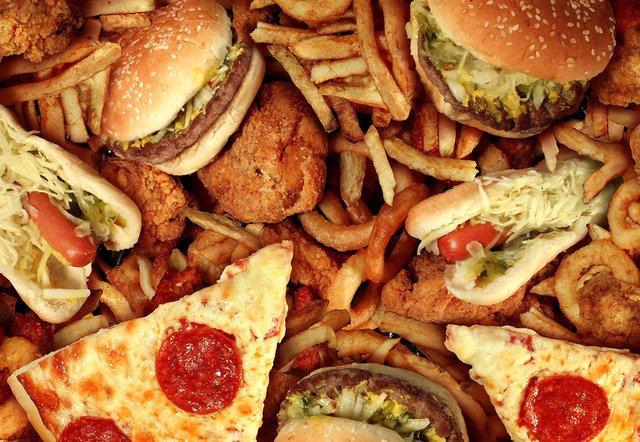
Food Palatability
- Basically, the idea here is that delicious food like potato chips, candy, and fast food are so delicious that it's significantly harder to fill yourself up with them, and when you do get full you tend to get hungry significantly faster afterward. An example here is a pint of ice cream. Pretty much anyone can down a pint of ice cream which is usually around 1000 calories, compare this to the number of apples you'd need to eat to get to 1000 calories. Who the hell can eat that many apples??? No one that's the answer. Unfortunately, the more calorie dense and delicious your food is the higher it is on this spectrum and the less healthy the food is.
How to use this in your life
Here's how these categories work together. Foods like lean meats, whole grains, fruits, and veggies, are very nutrient dense, low in harmful ingredients and not so ridiculously delicious that you can eat loads and loads of them without getting full. This provides a double-sided benefit of eating nutrient dense food. You will be significantly more full as well as getting a lot of awesome nutrients. Because of this, these types of foods are the kings of healthy food, however, it is very very important to realize that everything is on a spectrum and there are no evil or perfect foods. A well rounded balanced diet will consist of foods high on the healthy spectrum, and foods that you enjoy that may be a little lower on the spectrum.
RECAP
- Simple definitions like "all organic food is healthy" tend to be too broad or narrow and don't accurately represent a definition of what healthy food is.
- Healthy food can be defined on a spectrum consisting of Nutrient Density, Harmful Ingredients, and Food Palatability.
- Eating a diet consisting of lean meats, whole grains, fruits, and veggies is a very good idea in terms of long term health and well being.
As always thank you so much for taking the time to read this I truly and sincerely appreciate it as I know there's countless other posts you could be reading. Please leave any questions or concerns or criticism in the comments I'd love to hear it!!!!
Research
- http://ajcn.nutrition.org/content/90/3/680.full
- http://escholarship.org/uc/item/0c6386bt#page-4
- http://www.agbioworld.org/biotech-info/articles/biotech-art/peer-reviewed-pubs.html
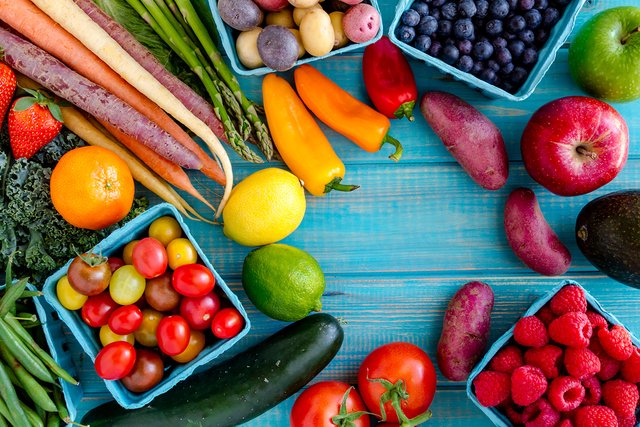
@kylek717, I really appreciate the reminder that we should not allow "marketers" to define healthy for us.
I am looking to make some life changes. I appreciate the sound advice. Upvoted and following!
It's always awesome to hear about someone looking to make positive life changes! Let me know if you need any help or have any questions. Thanks for reading
@kylek717, congrats for tackling such a complex topic! It may be better to address something huge like this in multiple posts, since there is so much to cogitate at once, but I wanted to offer some thoughts. There are many different definitions of healthy, depending on what group you represent. For example: What is labeled as "healthy" according to the food industry and USDA (if you are in the U.S.); the perception of "healthy" according to the "average" American; and "healthy" as determined through unbiased, credible scientific research. The latter definition is what I try to keep up on. So much else in your article to comment upon, but I will try to keep it brief! I will just say that yes, "organic" is essentially "greenwashing", or just another way to appeal to a certain market segment...at least when it applies to processed foods. However, some studies have shown even minimal amounts of pesticide residues to have negative effects on humans, and that would go for GMOs as well, since some GMOs are "Roundup-ready" and therefore heavily sprayed (not necessarily the crop itself that is harmful, but the pesticide residues). This all accumulates up the food chain, of course, so eating low on the food chain helps, as well as soaking produce in a saltwater solution and rinsing (can't really rinse eggs or meat or dairy, since pesticides would be well-integrated). Anyway, nice job for tackling this tricky subject! Dr. Michael Greger has several videos on the pesticide/organic topic, with links to scientific peer-reviewed studies:
There's more relevant articles and videos on that site as well. You can just search nutritionfacts.org for "organic" or "pesticide" and it will list them all. It's a nonprofit website in the public interest (rather than corporate).
Those videos were pretty informative thank you for sharing! I really wrote this just to sit down and get all my thoughts out awhile ago and I've been tweaking and reposting it based off of new things I find. I'm honestly just sick of people preaching about organic and non-gmo food as if it's the only thing that even matters. My aim is to just to show people that fruits and vegetables as well as lean meats and whole grains are what matters and not whether they are organic/non-gmo. It seems like you know your stuff though so I'm definitely going to be on the lookout for more from you considering how rare it is for people to link me to things that aren't fake doctors talking about the magic of veganism in youtube videos. Thank you so much for taking the time to write that comment out I very much appreciate it!
LOL...fake doctors and magic veganism 😊 Yeah, the hype around organic, GMO, and even "chemicals" can get pretty silly. If you're into the high-quality nutrition science stuff, check out Dr. Greger's book, "How Not to Die". It's got something like 150 pages (I said PAGES) of scientific references in the back. That made me sit up and pay attention. Facts are a different thing entirely from people writing about a strong belief in something. Dr. T. Colin Campbell's book, "The China Study", is also excellent. I'm pretty passionate about this science-based whole plant food stuff, so I spend more time on it than most other things... 🌷 Keep up the good pontifications!!!
I'm curious if you have any thoughts on that new comedy... I mean documentary "What the Health"
I've heard of it, but haven't seen it yet. Google says it's by the same folks as "Cowspiracy", which I thought was surprisingly well done. I'm trying to keep up on all plant-based diet books and documentaries, so I'll give it a look. What did you think of it?
I've heard and seen enough clips about it to know I will never ever be watching it
Huh...I just watched the trailer. What exactly do you feel is comedic about it?
In the clips ive seen, they claim dairy is racist, no amount of carbs ever can make you fat, chicken causes diabetes, and that vegan blood kills cancer cells
I just watched the trailer and they left all the nonsense out of it haha, my main problems are the lack of science to back up like 85-90 percent of what they claim as well as trying to tell people veganism is the only way to be healthy which just makes people feel like its out of their reach so they dont even bother trying
wow... I had no idea kale was that nutrient dense! I actually eat it all the time, so I'm super happy you've shared this information. Looks to me like you'd actually get more bang for your buck (nutrition wise) by eating more nutrient dense greens, like kale.
Oh, definitely!
Do you ever just watch a movie and someone says the perfect line and you're like "holy shit, that is perfect." and you're speechless, because you can neither add, nor take away from what you just experienced? Well that just happened to me. Right now. Reading this. Holy cow, nice article. Perfectly done. Can't say much more than that.
Thank You!! This makes me so happy you have no idea, I'm really glad you enjoyed reading
sabias que eso no es saludable?
Congratulations! This post has been upvoted from the communal account, @minnowsupport, by KyleK717 from the Minnow Support Project. It's a witness project run by aggroed, ausbitbank, teamsteem, theprophet0, and someguy123. The goal is to help Steemit grow by supporting Minnows and creating a social network. Please find us in the Peace, Abundance, and Liberty Network (PALnet) Discord Channel. It's a completely public and open space to all members of the Steemit community who voluntarily choose to be there.
If you like what we're doing please upvote this comment so we can continue to build the community account that's supporting all members.
That was such a wonderful article. You covered some points, which even I was unaware of. You did put a lot of effort in this one. Educating people is one of the best thing you can do. And that to about nutrition, that's amazing.
Keep up the good work :D